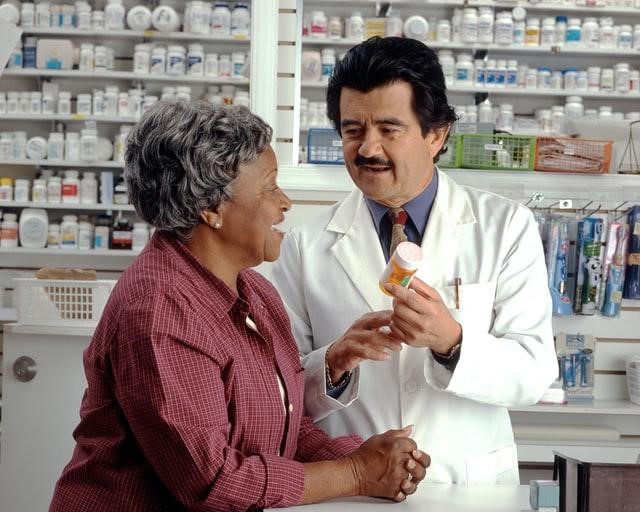Every day, millions of people worldwide take over-the-counter medicines to help relieve pain and cure ailments. These medicines can be found in your local drugstore for a relatively low cost, but they are not without risks. This blog post will explore some potential risks with OTC medicines and how to make smart decisions to minimize side effects and health consequences.
Side Effects
Taking OTC medicines comes with the risk of suffering unpleasant side effects, such as nausea and vomiting. There are also adverse risks of taking these medications, including internal bleeding, organ damage, and addiction.
Drug-Food Interactions
A drug-food interaction occurs when the food you take interferes with how your body processes some medicines, making them less effective.
When given a prescription, the doctor advises you on what to take and what to avoid taking with your medicine to be effective. However, there is no advice given for avoiding certain foods for over-the-counter drugs, so people have been experiencing negative reactions from things like coffee or wine, which interact negatively when combined with their medication.
Drug-Drug Interactions
A drug-drug interaction can occur when two or more medicines are taken at once and affect each other in ways that may increase the risk for adverse reactions or decreased effectiveness on one another. The most common forms of drug-drug interactions include:
Alteration
This happens when you take two different types, and one changes how your body absorbs, processes, or spreads the other type because it has a stronger effect.
Duplication
A common risk with over-the-counter (OTC) medications is there’s a chance that you’ll take two different types of drugs that have the same active ingredients. You may end up getting more than your body needs or an excess dose.
Opposition
Different medicines have different effects on your body. When you take two different medicines with opposing active ingredients, it could reduce their effectiveness.
Allergies
The ease of access to OTC medicines can be a double-edged sword. If you’re allergic to certain ingredients in the medication, your doctor will know how best to help and may prescribe an alternative drug formulation. However, there is no way for retailers or cashiers at the drugstore to determine which OTC medicines will trigger an allergic reaction.
Generics over Original
There is a risk of getting generics instead of your original prescription when you buy over the counter medications. They may not work as intended and could cause more problems for you
How Can You Reduce OTC Medicine Risks
1. Buy Your OTCs from Reliable Vendors
Generic medicines are cheaper than the brand-name drugs they’re meant to mimic, but there’s always a risk that you’ll get something subpar. To avoid such generic pitfalls, buy OTC medications from reputable vendors like Wellspring Meds, who receive their stock directly from the manufacturer. You not only get affordable OTC meds but also OTC meds with free delivery within 3-5 business days.
The best thing about buying from reliable vendors is the return policy. Wellspring over the counter medication comes with a 30-day refund policy, meaning you can return and get your money back in case it’s not what you need.
2. Watch Out for Drug-drug Interactions
Having over-the-counter medication delivered to your home is so convenient, but the problem is that you don’t get to speak to a specialist about the risks, such as drug-drug interactions. Before you order OTC meds online, make sure that the drug facts label on your medication shows no interactions with other medications or supplements.
3. Note the Ingredients
If you’re allergic to any medications, read carefully what ingredients are in each medicine so that if there is an adverse effect or allergy warning listed on the label, you’ll avoid it.
OTC drugs are a convenient way to solve everyday problems. However, they can be risky if you don’t know what you’re buying, where it’s coming from or how your body will react when taking the medication. Buying them from reliable vendors is one of many ways to reduce risks associated with OTC medicines and make sure that these over-the-counter medications work for you instead of against you.

